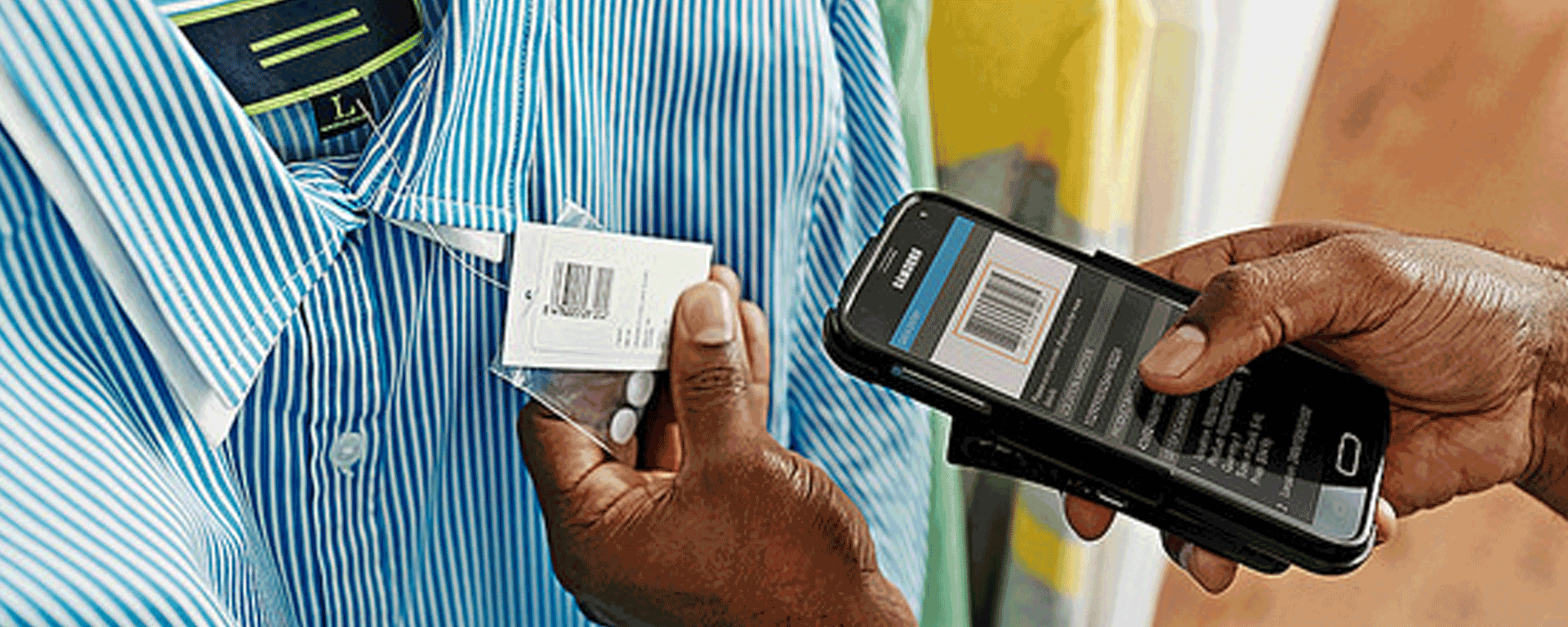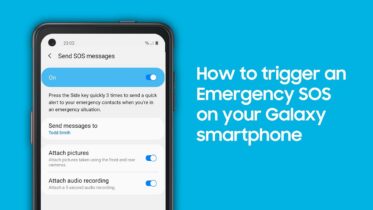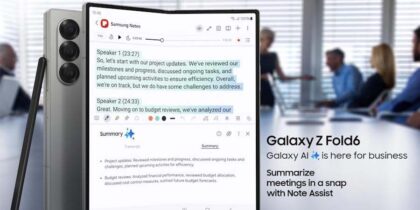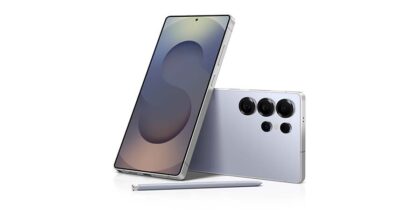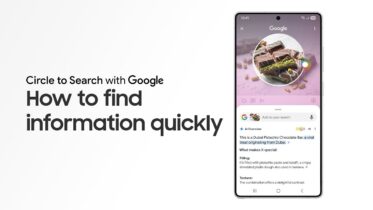Mobile devices provide the opportunity to change how business workflows are completed. Instead of generic processes that haven’t changed significantly since the smartphone’s introduction, enterprise application developers can provide relevant services that adapt to the user and their current environment. The new mobile world is about ubiquitous computing that is contextually aware and identity-aware. Mobile devices enable four new items that companies should consider when rebuilding process that include:
- Voice navigation. While it might not be standard to speak to a PC, voice navigation is normal on a smartphone. App developers can add voice navigation to streamline access to a frequently used feature such as scan a barcode, find a document, and log a call in CRM. Voice navigation is especially beneficial for those who work using their hands, such as a repairperson, a manufacturing worker or a surgeon.
- Contextual data. Mobile devices provide location information and a wide range of additional contextual attributes that can be used to improve business processes. Sensors in the latest devices provide information such as motion, vibration, and temperature. However, these data sources need to be incorporated into existing apps.
- Biometric security. Mobile devices now offer new biometric security mechanisms, such as thumbprint, facial recognition and iris scanning, to improve security and make it easier to use. For example, an enterprise application can be coded to use the presence of a smartphone, a smartwatch and a biometric attribute such as thumbprint to eliminate passwords for the user while providing a advanced identity attributes for the security team.
- Best in class image capture. With smartphone cameras exceeding the quality of many point and shoot cameras, companies can rebuild applications and workflows to capture images and videos. Insurance adjusters, field service and inspectors are just a few of the job roles that benefit from the ability to use a smartphone or tablet to capture location-specific images.
‘Given that mobile provides new functionality that allows businesses to move beyond simple paper replacement, how should companies plan for this new world? There are three simple things that employees can do to get their mobile house in order that include. A company should:
-
Match the devices to the use cases. Before purchasing any mobile devices or designing any apps, IT must understand its audience. Device requirements vary tremendously based on the role and the application. For example, a warehouse worker may need a wearable, such as glasses, to enable hands free scanning while a field service worker may need a tablet with front and rear facing cameras. Companies should also assume that employees use more than one device and design application experiences to the various attributes of a device such as available input mechanisms (keyboard, stylus), screen size, and biometric functions.
-
Reevaluate its mobile security strategy. Over 67 percent of the companies that Lopez Research surveyed in 2015 are supporting Bring your own Device (BYOD) policies. It’s crucial to have a mobile security strategy that can protect corporate data for corporate owned, BYOD and contractor devices. Companies need to assess what level of security is required for their business but should evaluate device, application and network security.
-
Tie mobile purchases to impact. To demonstrate return on mobility investments, IT should link hardware purchases to projects that have a specific business impact. For example, if a company is buying tablets, there should be a lead use case with either a quantifiable ROI, such as eliminated the print costs for brochures or a project that can link to KPI such as customer experience improvements.
Today’s mobile devices provide all of the features needed to transform business. Leading businesses will thrive by building mobile apps and services that leverage mobile context and security functions.
